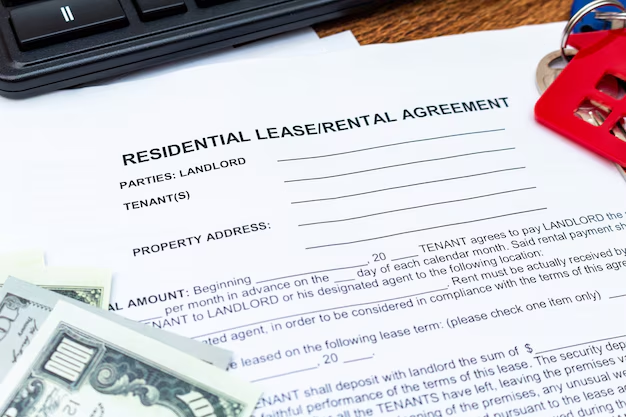Can Landlords Evict Tenants Without Notice? Understanding Your Rights and Options
Imagine this: you’re comfortably settled in your rental home when, suddenly, there’s a knock at the door. It's your landlord with a notice or, worse yet, no notice at all, demanding you vacate the premises. Such scenarios can be frightening, but understanding your legal rights is essential to protect yourself from unlawful eviction.
Eviction Basics: Know Your Rights
In most jurisdictions, evictions cannot occur without due process, which typically includes notice. A landlord must follow legal procedures, providing you with a written notice outlining the reasons for eviction and the timeframe to either rectify the situation or leave. Legitimate reasons for eviction may include non-payment of rent, violation of lease terms, or damage to property.
Due Process and Notice Periods
The notice period can vary significantly based on location and the circumstances. For instance, in some areas, a 30-day notice is standard, while others may require significantly longer. Certain situations, like tenant safety violations, might expedite this timeline. Always check your local landlord-tenant laws, as understanding these can offer powerful protection against unlawful eviction.
Exceptions to Eviction Without Notice
Despite general protections, there are rare exceptions where eviction without notice might be legal:
- Emergency situations: If the property is unsafe or uninhabitable.
- Legal waivers: Certain lease agreements may have a clause, often scrutinized closely by the law, that waives notice rights.
In any situation where eviction seems imminent, consulting with a legal professional is advisable to ensure your rights are upheld.
Financial Assistance and Support
Struggling with rental payments, especially under threat of eviction, can be stressful. Luckily, a wealth of assistance programs is available to stabilize your situation:
- Government Aid Programs: Many local governments offer rental assistance programs to eligible tenants facing financial hardships.
- Non-profit Organizations: Various charities provide temporary financial assistance to cover rent or utilities in emergencies.
- Legal Aid Services: Free or low-cost legal services can help navigate eviction disputes and represent tenants in court if necessary.
Exploring Assistance Tools
Financial struggles often accompany housing issues, but there are proactive measures and tools that can provide relief:
- Debt Relief Options: Programs and plans that consolidate or reduce overall debt to free up resources for essential expenses like housing.
- Credit Counseling: Professional advice and strategies to manage debt, improve credit scores, and prevent future financial issues.
- Educational Grants: For those considering re-skilling, these can be invaluable in improving career prospects and financial stability.
Ultimately, arming yourself with knowledge about your rights and available resources empowers you to address eviction challenges confidently and constructively.
Programs and Resources to Consider 💡
- 🏠 Local Rental Assistance Programs: Check with your city or county’s housing authority.
- 🤝 Community Charities: Organizations such as the Salvation Army or United Way might offer housing support.
- 🛡️ Legal Aid Society: Provides free legal advice to low-income individuals.
- 💳 Credit Counseling Services: Agencies like the National Foundation for Credit Counseling (NFCC) for debt management.
- 🎓 Educational Grants: Federal or state grants available for those seeking education or retraining opportunities.
Equipped with the right information and resources, you can make informed decisions and seek help proactively to avoid or manage eviction effectively.

